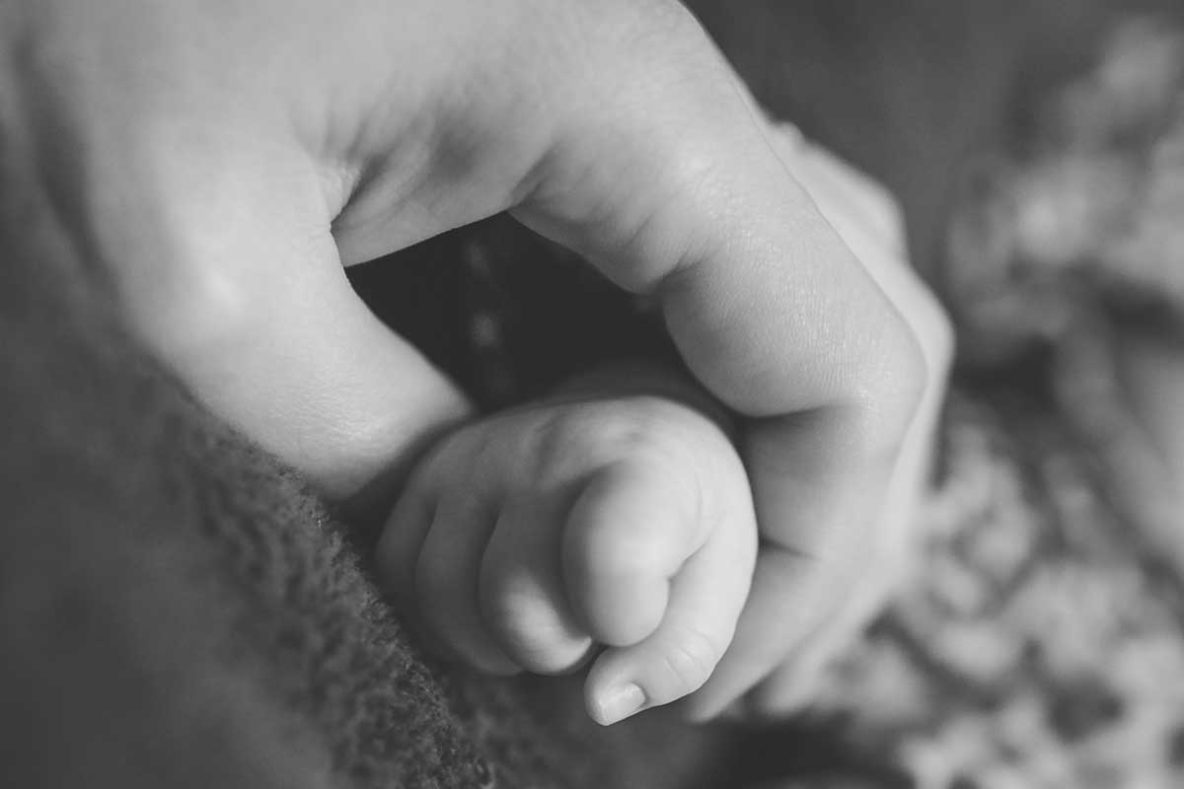The nature vs. nurture debate is nothing new. Simply put, it’s a question of whether genes or environment matter more when it comes to how our personalities are shaped. This is an ongoing debate and will likely continue to be because there are so many ways to look at it.
It’s important to keep in mind that nature refers to more than just our personality traits. It’s our entire biological makeup. Yes, that includes personality characteristics, but also physical ones. There are certain things about the nature aspect of our lives that are deeply ingrained and cannot be changed.
Nurture refers to everything from childhood experiences to the people that raised us, as well as social culture. As you might expect, it can make a big impact on the things we think and the personalities we have. But, which one tends to shape our personalities more?
Determining Your Personality Through Environment and Genes
While most people will pick one side, including philosophers like Plato, today the lines between nature and nurture have become more blurred and intertwined. Simply put, one without the other would lead to an incomplete personality. One may influence someone more than another, but they are needed to fully develop someone’s individual characteristics.
The actual degree in which these two sides work together is still widely unknown, thanks to the continued debate. But, there isn’t a way to untangle the two. Some psychological disorders have been linked to genetics, for example. But, does that always affect a personality?
Sometimes it does, sometimes it doesn’t. On the other hand, people have used the example of adoption to push the idea of ‘nurturing’ as the more important influencer. If you were adopted at birth, for example, your nature characteristics may only go so far as your biological parents’ looks. The environment you grow up in with your adoptive parents will likely sculpt who you are as a person.
Those who argue nature has the bigger impact have cited studies where twins were used to determine certain personality traits, as well as social skills and learning ability. Research has shown that identical twins (who share the same DNA) are twice as likely to have the same personality traits as non-identical twins. This supports the idea that DNA and genetics make up our personality traits more than the environment we’re surrounded in.
One Without the Other
There are some parts of our genetic makeup that can’t be ignored. Based on research and certain studies, there is a fair amount of evidence that suggests nature plays a large part of how our personality is formed. But, the nurture aspect of our personalities can’t be overlooked, either. It’s our environment and the situations we find ourselves in through developmental stages that help to shape how we react to things, or how we might view different areas of our lives.
So, there is still no concrete answer as to which side of this debate shapes our personalities more than other. It’s an argument that is bound to continue for years to come, but one part of it is important to keep in mind: You can’t have one side without the other, and finding a place in between that helps to develop your personality may be the healthiest approach to determining the meaning behind your own characteristics.
Dr. Dimitra Takos is a Newport Beach Psychologist specializing in the treatment of adolescents and adults suffering from depression, anxiety, and trauma-and stressor-related disorders.
